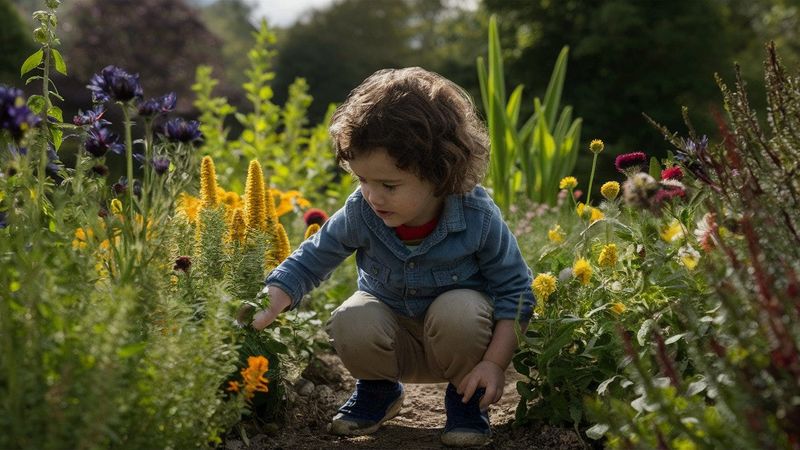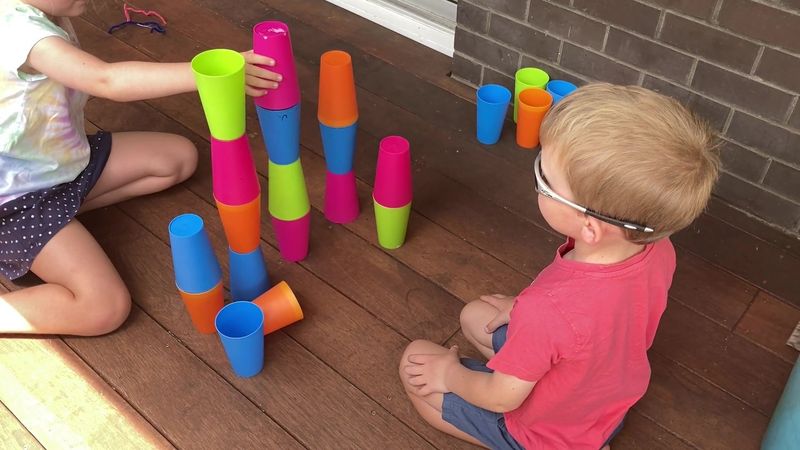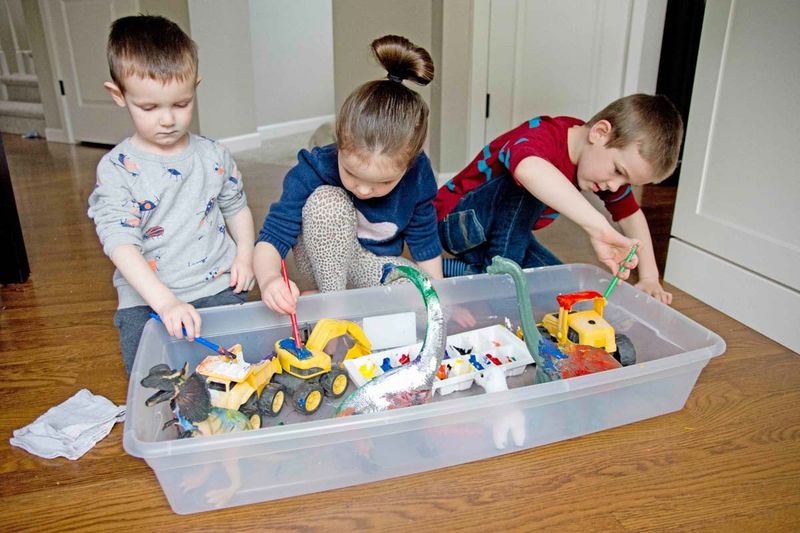Parenting is an adventure filled with surprises and challenges. While guiding your children, you might be shaping future leaders without even realizing it. Leadership qualities often manifest in subtle ways. The way you nurture, communicate, and inspire can plant the seeds of leadership in your child.
Encouraging curiosity and promoting problem-solving are just the start. Recognizing these signs early can help you nurture these abilities further. Here are seven signs that your parenting style is on the path to developing future leaders. Discover how your everyday actions and decisions might already be setting the stage for your child’s success.
1. Encouraging Curiosity

A curious mind is a leader’s playground. When you foster an environment where questions are welcomed, your child learns to think independently. Spark their curiosity with open-ended questions that make them ponder about the world.
Observing a child ask “why” about the simplest things can lead to profound discoveries. As they seek answers, they develop critical thinking skills.
Encouraging curiosity teaches children to look beyond the obvious. These inquisitive habits lay the groundwork for innovative thinking, essential for leadership. Your home becomes a lab of endless possibilities.
2. Promoting Problem-Solving

Problem-solving is the heart of leadership. When you let your child encounter challenges and navigate solutions, you instill resilience. Encourage them to tackle puzzles, games, or real-life problems.
This practice builds confidence and perseverance. The joy of finding a solution is a reward in itself, motivating them to face bigger challenges.
As they learn to break down problems and approach them methodically, they’re equipped with skills to lead effectively. This self-assuredness is a key trait in future leaders.
3. Fostering Empathy

Empathy is the bridge that connects hearts. Teaching your child to understand and share the feelings of others fosters strong interpersonal skills. Encourage activities that promote teamwork and compassion.
When children play and cooperate, they learn to value different perspectives. These experiences cultivate emotional intelligence, crucial for leadership.
Empathy allows children to relate to others and build meaningful relationships. This emotional connection is a cornerstone of effective leadership, enabling them to inspire and guide teams successfully.
4. Encouraging Independence

Independence is a leader’s foundation. Supporting your child in taking on responsibilities fosters accountability. Encourage them to manage small projects like organizing their room or planning a family outing.
This builds decision-making skills and self-reliance. When children see the results of their efforts, they gain a sense of achievement.
Independence nurtures confidence, enabling them to lead without constant guidance. These experiences provide the competence to make informed decisions, a vital leadership quality.
5. Nurturing Communication Skills

Communication is the tool of leaders. Encourage your child to express themselves by engaging in conversations, storytelling, or public speaking. Create a safe space for dialogue and active listening.
This develops articulation and clarity in conveying thoughts. As they practice, they learn the power of words and their impact.
Effective communication allows children to share ideas and inspire others. This skill is indispensable in leadership, empowering them to lead with influence and wisdom.
6. Instilling a Growth Mindset

A growth mindset is a leader’s ally. Encourage your child to embrace challenges and view failures as opportunities for growth. Support their endeavors, whether in art, sports, or academics.
This mindset fosters resilience, as they learn to persevere despite setbacks. Celebrating effort reinforces the value of hard work.
With a growth mindset, children become adaptable and open to learning. This adaptability is crucial for leaders, enabling them to navigate uncertainties with confidence.
7. Cultivating Passion

Passion fuels a leader’s journey. Encourage your child to explore interests and find what excites them. Whether it’s music, sports, or science, support their passions with enthusiasm.
Pursuing passions teaches dedication and focus. As they delve deeper, they experience the joy of mastery and accomplishment.
Cultivating passion helps children discover their purpose, a driving force in leadership. This enthusiasm inspires others, creating a ripple effect that can lead teams to success.

Well, hello there!
My name is Jennifer. Besides being an orthodontist, I am a mother to 3 playful boys. In this motherhood journey, I can say I will never know everything. That’s why I always strive to read a lot, and that’s why I started writing about all the smithereens I came across so that you can have everything in one place! Enjoy and stay positive; you’ve got this!

